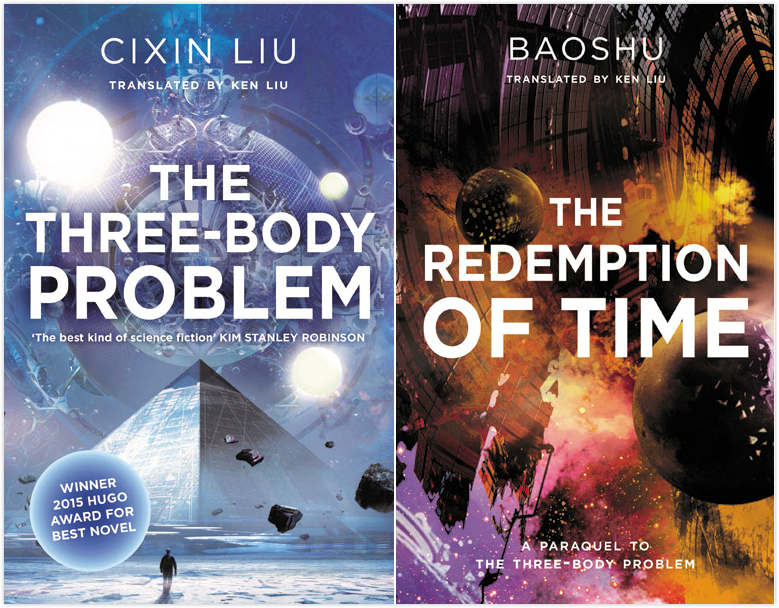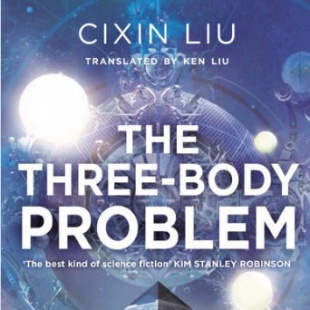Exporting sci-fi beyond imagination


Science fiction's universality and the digital revolution are making Chinese authors of the genre international hits. Cecily Liu reports.
Best-selling science fiction was made in the West and exported to China for over a century. This trend was reversed in 2014, however, when Liu Cixin's The Three-Body Problem was published in English and became the first Chinese sci-fi novel to win a Hugo Award, the Oscars of the science-fiction world.
Barack Obama took it on holiday. Mark Zuckerberg selected it for his Facebook reading club. It became a New York Times bestseller, spent 11 weeks on Germany's Der Speigel best-seller list, won literary awards in Spain and Germany, and sold more than 300,000 copies in the United Kingdom and Commonwealth countries alone.
To put those numbers into perspective, selling 100,000 copies is already hugely profitable for the publisher. Most books struggle to reach the 10,000 mark.
Furthermore, the Financial Times reported that Amazon is in talks to acquire the rights of The Three-Body Problem and its two sequels for $1 billion, to produce three seasons of television serials to rival the blockbuster fantasy-drama Game of Thrones.
The Three-Body Problem trilogy tells the story of an alien civilization which learns of the existence of the Earth. Facing destruction, the aliens invade. The two societies attempt to coexist, despite apparently irreconcilable differences.
This simple plot, decorated with references to Chinese history, geography, mythology and martial arts, has caught the imagination of Western readers.
No one is able to pin down how the interest came about. But Yao Haijun, chief editor of China's Science Fiction World, says The Three-Body Problem caught the attention of Western readers partly because they seek to understand China.
Ji Shaoting, founder and CEO of the Beijing-based science-fiction publication Future Affairs Administration, says China's rapid social transformation has created the right environment to fuel the imagination of the country's new sci-fi writers.
Meanwhile, publisher Nicolas Cheetham, who brought The Three-Body Problem to the UK market, believes the key to Chinese science fiction's international success lies within the nature of the genre itself.
"The simple truth is that science fiction is inherently export-ready. As a literature of possibilities, it embraces the new and different," says Cheetham, who's deputy managing director at the UK publisher Head of Zeus.
Martial-arts elements in Chinese science fiction do play a role in capturing Western readers' imaginations in the same way Jackie Chan's movies are big hits in Hollywood. At the same time, the universality of science fiction overcomes the cultural barrier other Chinese literature faces when translated into English.
The success of The Three-Body Problem has been followed by a wave of other big names. In 2016, Hao Jingfang's Folding Beijing won the Hugo Award for best novelette, beating none other than legendary horror writer Stephen King to the prize.
Another big name is Ken Liu, who's famous for The Paper Menagerie, which became the first short story to win the Hugo, Nebula and World Fantasy awards. He is also the translator of some of Liu Cixin's novels.





































